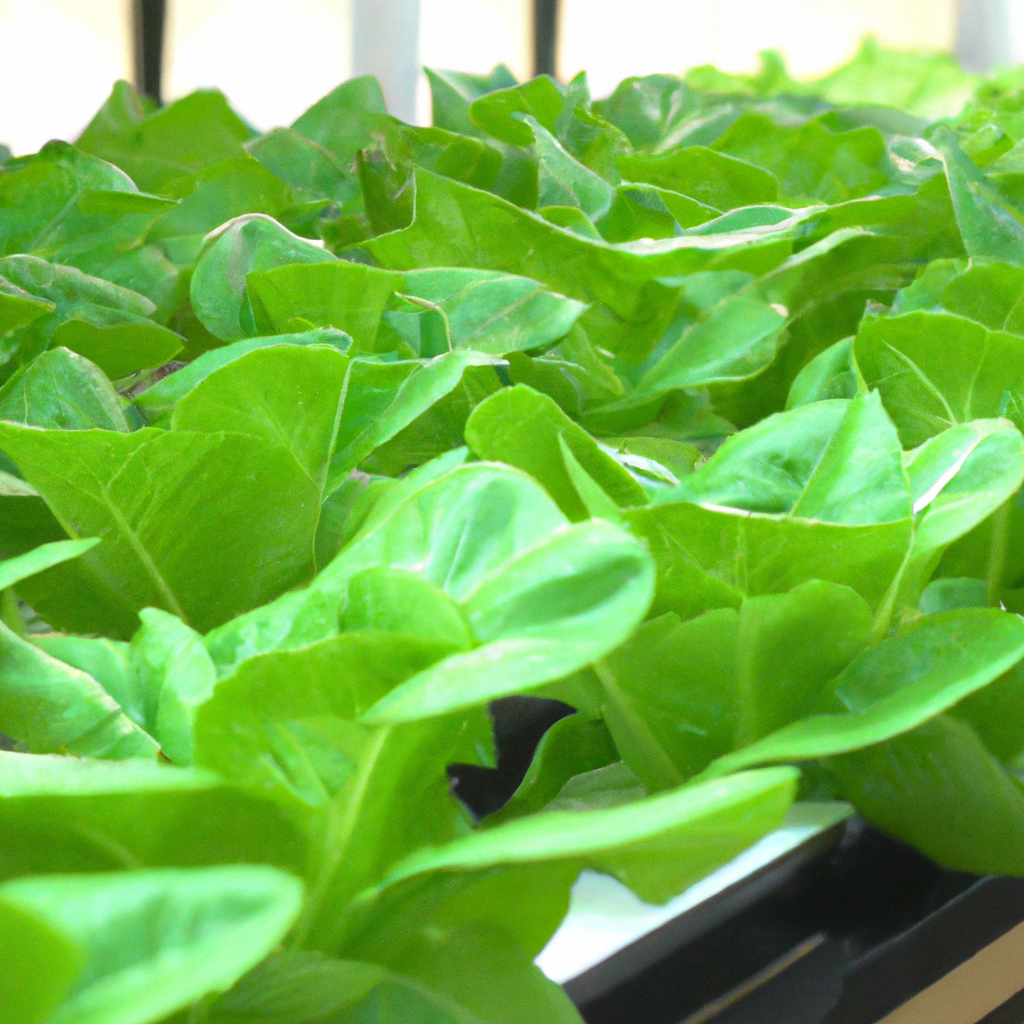Hydroponic farming is an innovative and sustainable method of indoor farming that involves growing plants in nutrient-rich water instead of soil. In this article, we will explore the different types of hydroponic systems, the benefits of hydroponic farming, and how hydroponic farming works.
What is Hydroponic Farming?
Hydroponic farming is a method of growing plants without soil. Instead, plants are grown in a nutrient-rich water solution that is carefully monitored and regulated to provide the necessary nutrients for plant growth. Hydroponic systems can be used to grow a variety of plants, including vegetables, herbs, and fruits.
How Hydroponic Farming Works?
Hydroponic farming works by providing plants with the necessary nutrients and water directly to their roots. This is accomplished through the use of hydroponic systems, which are specially designed to grow plants in nutrient-rich water. There are several different types of hydroponic systems, including:
1. Deep Water Culture (DWC) System
In a DWC system, plants are grown in a container filled with water and nutrients. The plant’s roots are suspended in the water, allowing them to absorb the nutrients they need. An air pump is used to oxygenate the water, promoting healthy root growth.
2. Nutrient Film Technique (NFT) System
In an NFT system, plants are grown in a shallow, sloping trough filled with nutrient-rich water. The water flows continuously over the roots of the plants, providing them with a constant supply of nutrients.
3. Drip Irrigation System
In a drip irrigation system, water and nutrients are delivered to the plants through a series of tubes and drippers. This system is highly customizable, allowing farmers to adjust the water and nutrient delivery based on the needs of the plants.
Benefits of Hydroponic Farming
Hydroponic farming offers several benefits over traditional farming methods, including:
1. Increased Yield
Hydroponic farming can produce higher yields than traditional farming methods. This is because plants grown hydroponically have access to a constant supply of water and nutrients, allowing them to grow more quickly and produce more fruit.
2. Reduced Water Usage
Hydroponic farming uses significantly less water than traditional farming methods. This is because water is recycled within the system, reducing the amount of water needed to grow plants.
3. Reduced Pesticide Use
Hydroponic farming is less susceptible to pests and diseases than traditional farming methods. This is because the plants are grown in a controlled environment, reducing the need for pesticides and other chemicals.
4. Sustainable Agriculture
Hydroponic farming is a sustainable method of agriculture that can be used to grow food in urban areas and areas with poor soil quality. It also reduces the carbon footprint of food production by reducing the need for transportation and refrigeration.
In Conclusion
Hydroponic farming is a sustainable and innovative method of indoor farming that offers several benefits over traditional farming methods. By using hydroponic systems to grow plants in nutrient-rich water, farmers can increase yields, reduce water usage, and promote sustainable agriculture. With the growing demand for locally grown, sustainable food, hydroponic farming is becoming an increasingly popular method of food production.







